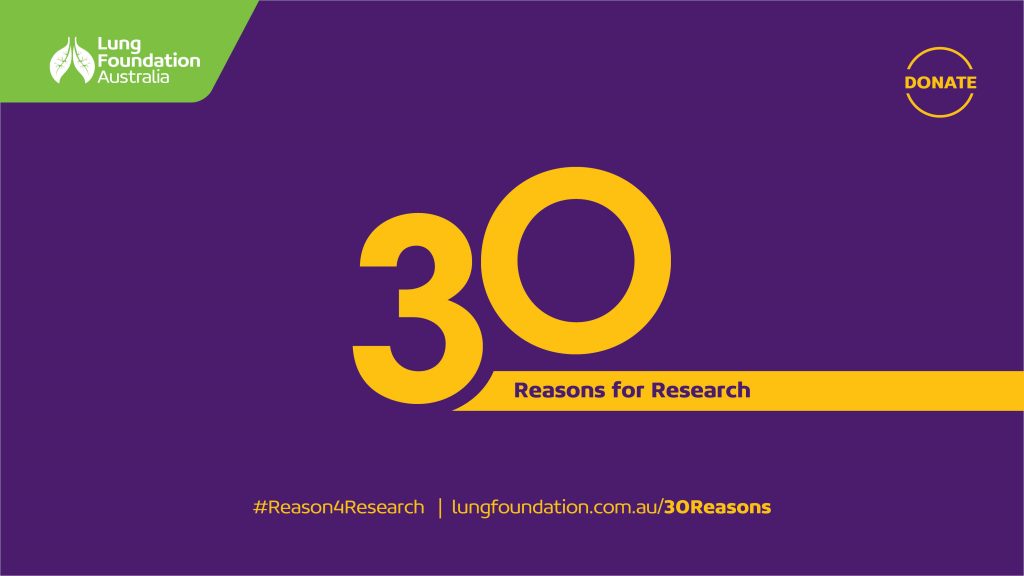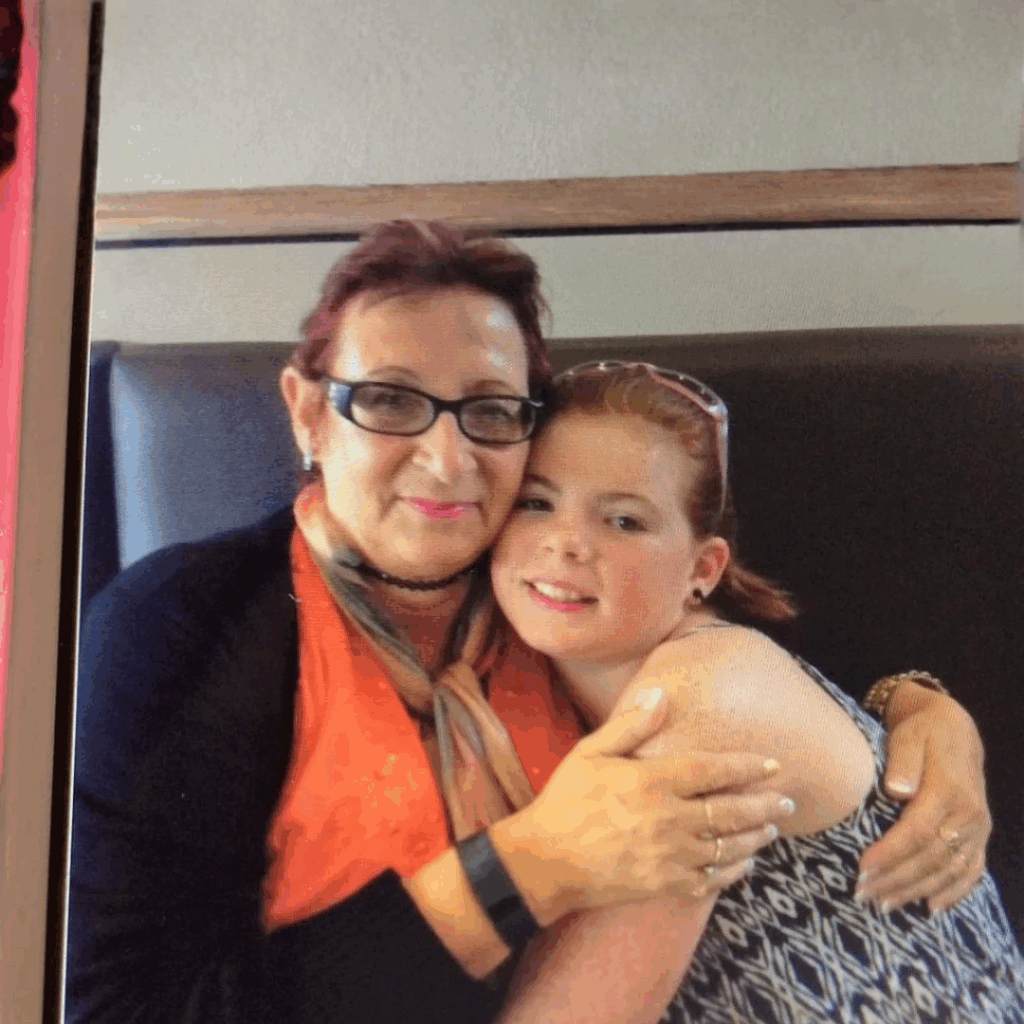For Michel, research means being there for his daughters as a father and for their kids’ as a grandfather.

Michel was a fit and healthy 42-year-old when he was diagnosed with lung cancer in 2017. Each month, the loving father of two sits with his oncology team to hear his fate for the weeks ahead. Thanks to advancements in new treatments, the survival rate for Australia’s deadliest cancer is improving and people like Michel have hope for more time to watch their children grow.
“Research is the line between our reality and our dreams, they call it research, we call it hope. You take away research, you take away our dreams and hopes, it’s that simple.”
For weeks, Michel carried the weight of his shocking diagnosis with the support of his wife, Jen. Michel’s two beautiful daughters lost their Mum at a young age, so telling them that their Dad also had a terminal illness was heart-wrenching.
“Those were probably the hardest few weeks. No child should ever have to experience losing a parent at a young age. And unfortunately, my daughters will have to experience it twice.
“Being told that I had a tumour in my spine, that my spine was ready to collapse, and I could be paralysed from the chin down, even die, was very confronting. To then be told I have cancer of the lung knocked me out. I was shocked, it’s the last thing you think you will hear. I wasn’t aware you could get lung cancer without smoking.”
Michel’s experience means he has an intimate understanding of the inequity of investment into research and access to treatment and support for people living with lung disease and lung cancer.
“I’m fortunate that a lot of research has been done on the lung cancer mutation I have and there are medications available. I hope that I can continue to respond to the treatment that I’m on, and that somewhere in the world, someone is coming up with the next amazing medication and there is hope again for the next journey for us.”
For nearly two years, Michel has participated in a “next generation” clinical trial – alternating two targeted treatments to confuse the cancer. Through research and trials, our understanding of lung cancer is being revolutionised, outcomes are improving, and there is hope for a brighter future.
“Every 28 days I see my oncology team, I do every test under the sun and we go ‘righto you get another 28 tickets, let’s go another 28 days’. And every day it’s reset.
“I love my daughters and just want to be there for them not only as a father, but their kids’ grandfather. I have made so many new friends around the world from my lung cancer, I not only want to see them survive this journey, but the new friends that join our community.

“I just want to live, I love my wife, my life and just want to enjoy and experience as many moments as I can for as long as I can with her. We need to find a way to really fight this.”
Research saves lives and gives hope for a cure.
Give hope. Give to research today.

30 Reasons for Research
In celebration of our 30th anniversary, we are highlighting 30 Reasons to donate to life-changing lung disease and lung cancer research. For the millions of Australians impacted by lung disease and lung cancer, research means more precious moments with loved ones, a chance to experience their next life milestone, and independence to do the day-to-day activities that many of us take for granted.
Click here to find out more about the research being done courtesy of generous donations.
Was this page helpful?
Good job! Please give your positive feedback
How could we improve this post? Please Help us.



